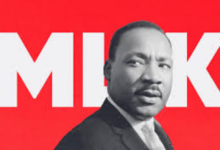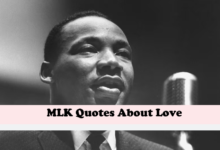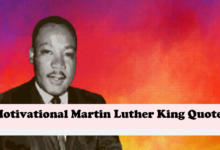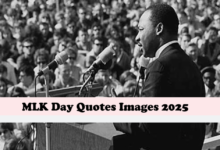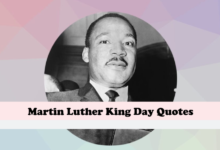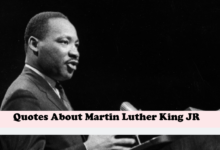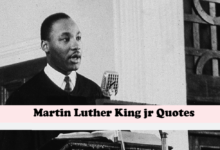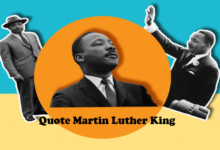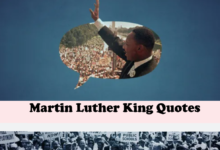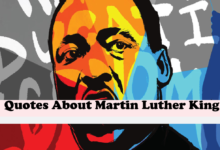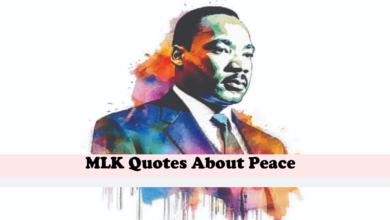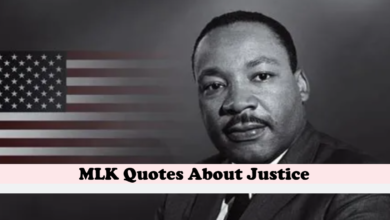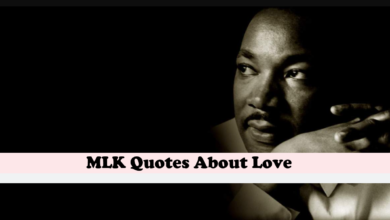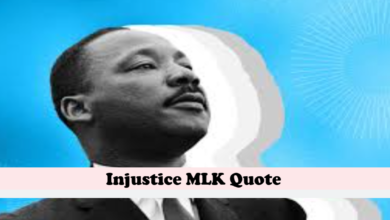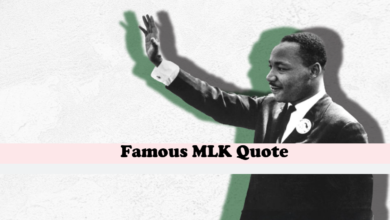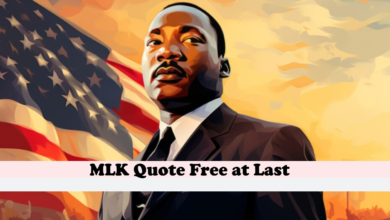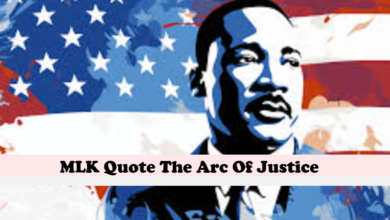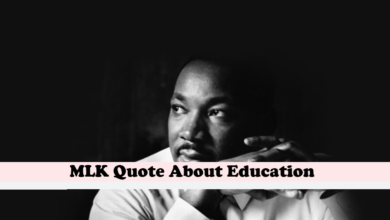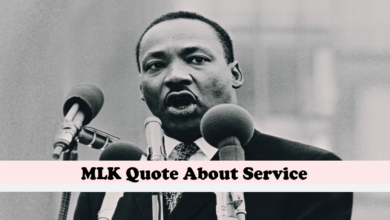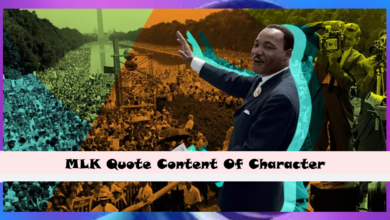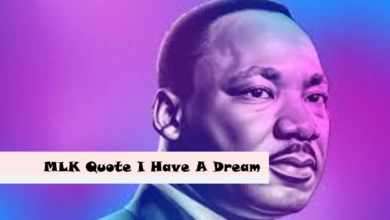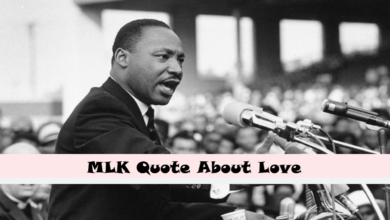MLK Quote About Justice
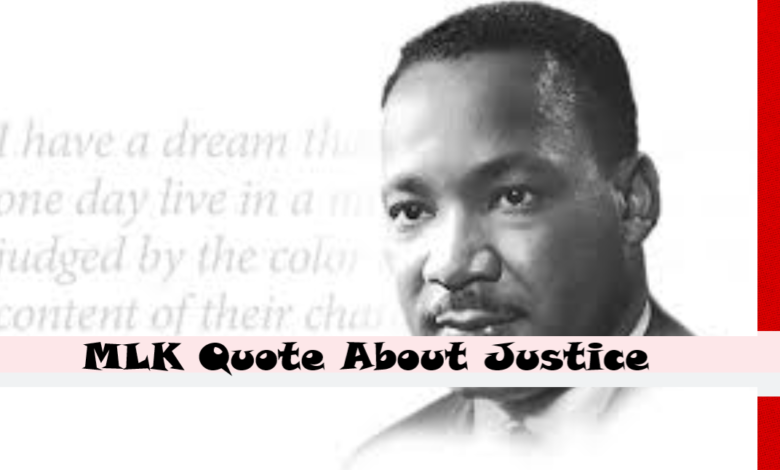
Martin Luther King Jr. is often remembered for his leadership in the Civil Rights Movement, his eloquent speeches, and his unwavering commitment to the ideals of equality and justice. As an advocate for social change, Dr. King consistently championed justice, not just as an abstract principle but as a lived reality that should be accessible to all people, regardless of race, background, or circumstance. One of his most profound contributions to our understanding of justice can be found in his powerful words: “Injustice anywhere is a threat to justice everywhere.”
This quote, delivered from the confines of a Birmingham jail cell, encapsulates Dr. King’s belief that justice is indivisible—what happens to one group of people impacts the larger society. In this blog post, we will explore the meaning of Dr. King’s perspective on justice, how it shaped his actions, and why his thoughts on justice remain relevant today.
Dr. King’s Understanding of Justice
Dr. King viewed justice as a foundational pillar of society, integral not only to individual well-being but to the health of the community at large. He believed that justice was not merely about laws and policies; it was about moral and ethical principles that should guide our interactions with one another. He often linked justice to the ideals of love, equality, and human dignity. In his Letter from Birmingham Jail, King stated, “Injustice anywhere is a threat to justice everywhere.” This powerful message highlights the interconnectedness of society—justice is not confined to one person or group; it affects everyone.
For Dr. King, justice meant more than just the absence of injustice—it was the presence of fairness, equality, and a commitment to ensuring that every person could live with dignity and opportunity. He was keenly aware of how systemic racism, economic inequality, and political oppression were deeply entrenched in American society, particularly in the South. His vision of justice was one in which these injustices were dismantled, and all people could enjoy the rights and freedoms guaranteed by the Constitution, regardless of race or socioeconomic status.
MLK Quote About Justice
“I have decided to stick to love…Hate is too great a burden to bear.”
― Martin Luther King Jr.
“I have decided to stick to love…Hate is too great a burden to bear.”
― Martin Luther King Jr.
“Our lives begin to end the day we become silent about things that matter.”
― Martin Luther King Jr.
“In the end, we will remember not the words of our enemies, but the silence of our friends.”
― Martin Luther King Jr.
Faith is taking the first step even when you can’t see the whole staircase.”
― Martin Luther King Jr.
“If you can’t fly then run, if you can’t run then walk, if you can’t walk then crawl, but whatever you do you have to keep moving forward.”
― Martin Luther King Jr.
“But I know, somehow, that only when it is dark enough can you see the stars.”
― Martin Luther King, Jr.
“Let no man pull you so low as to hate him.”
― Martin Luther King Jr., A Knock at Midnight: Inspiration from the Great Sermons of Reverend Martin Luther King, Jr.
“There comes a time when one must take a position that is neither safe, nor politic, nor popular, but he must take it because conscience tells him it is right.”
― Martin Luther King Jr., A Testament of Hope: The Essential Writings and Speeches
“Nothing in the world is more dangerous than sincere ignorance and conscientious stupidity.”
― Martin Luther King Jr.
“The ultimate measure of a man is not where he stands in moments of comfort and convenience, but where he stands at times of challenge and controversy.”
― Martin Luther King Jr.
“Intelligence plus character-that is the goal of true education.”
― Martin Luther King Jr.
“Everybody can be great…because anybody can serve. You don’t have to have a college degree to serve. You don’t have to make your subject and verb agree to serve. You only need a heart full of grace. A soul generated by love.”
― Martin Luther King Jr.
“No one really knows why they are alive until they know what they’d die for.”
― Martin Luther King Jr.
“We must come to see that the end we seek is a society at peace with itself, a society that can live with its conscience.”
― Martin Luther King Jr.
“Injustice anywhere is a threat to justice everywhere.”
― Martin Luther King Jr.
“A man who won’t die for something is not fit to live.”
― Martin Luther King Jr., The Autobiography of Martin Luther King, Jr.
“Forgiveness is not an occasional act, it is a constant attitude.”
― Martin Luther King Jr.
“If a man is called to be a street sweeper, he should sweep streets even as a Michaelangelo painted, or Beethoven composed music or Shakespeare wrote poetry. He should sweep streets so well that all the hosts of heaven and earth will pause to say, ‘Here lived a great street sweeper who did his job well.”
― Martin Luther King Jr.
“We must accept finite disappointment, but never lose infinite hope.”
― Martin Luther King Jr.
“Those who are not looking for happiness are the most likely to find it, because those who are searching forget that the surest way to be happy is to seek happiness for others.”
― Martin Luther King Jr.
“I have a dream that my four little children will one day live in a nation where they will not be judged by the color of their skin but by the content of their character.”
― Martin Luther King Jr.
“Never forget that everything Hitler did in Germany was legal.”
― Martin Luther King Jr.
“We must live together as brothers or perish together as fools.”
― Martin Luther King Jr.
“Science investigates; religion interprets. Science gives man knowledge, which is power; religion gives man wisdom, which is control. Science deals mainly with facts; religion deals mainly with values. The two are not rivals.”
― Martin Luther King, Jr
The Role of the Law in Justice
While Dr. King had a deep respect for the rule of law, he also believed that laws themselves could be unjust. In his famous Letter from Birmingham Jail, he addressed the issue of unjust laws directly, arguing that laws that degrade human dignity or perpetuate inequality should not be obeyed. He wrote, “An unjust law is no law at all.” This idea, rooted in his moral philosophy, guided much of his activism and nonviolent resistance.
King believed that laws should align with higher moral principles. If laws did not reflect the values of justice, equality, and human rights, it was the duty of citizens to disobey them peacefully but persistently. This was the basis for many of King’s actions, including his participation in protests and sit-ins. His nonviolent resistance was not a rejection of the law, but rather an attempt to force the nation to confront the contradictions between its laws and its founding ideals.
Dr. King’s thoughts on justice and the law also emphasized the need for civil disobedience as a tool for social change. He saw civil disobedience as a moral obligation when laws were unjust, and through his leadership, it became one of the most powerful and effective tools of the Civil Rights Movement. By peacefully defying unjust laws, Dr. King and his supporters sought to awaken the conscience of the nation and demonstrate the moral urgency of the civil rights struggle.
Justice as Equality and Opportunity
At the core of Dr. King’s call for justice was his belief in the fundamental equality of all people. He rejected any system that treated individuals differently based on race, color, or class. His vision of justice was not merely about legal equality—it was about ensuring equal opportunities for all to thrive and fulfill their potential.
Dr. King’s famous “I Have a Dream” speech articulates his vision of a world where people are judged not by the color of their skin but by the content of their character. This vision of equality was central to his broader vision of justice. For King, justice was not a static condition but an ongoing process—one that required vigilance, action, and dedication to breaking down the barriers that prevented marginalized groups from achieving their full potential.
In King’s view, justice could not exist in a vacuum. It required both the removal of discriminatory practices and the creation of systems that supported the upward mobility of all individuals, regardless of their background. This meant equal access to education, economic opportunities, healthcare, and the right to vote. Dr. King understood that true justice was not just the absence of oppression but the creation of an environment in which every person had the tools and support to succeed.
The Connection Between Justice and Love
One of the most distinctive aspects of Dr. King’s philosophy of justice was its deep connection to love. Dr. King believed that love was the driving force behind social change and that justice could not be achieved without love. In his words, “Justice is love correcting that which revolts against love.” For Dr. King, love was not a passive feeling—it was an active force for change, capable of transforming individuals, communities, and societies.
King’s understanding of love as a force for justice was rooted in his Christian faith, but it also drew on the broader traditions of nonviolence and peace. Love, for Dr. King, was the antidote to hatred, and it was the only force that could bring about lasting change. His approach to justice was rooted in the belief that individuals should not only strive to correct injustices but should do so with compassion, empathy, and a commitment to healing the wounds of society. In this way, Dr. King’s vision of justice was both moral and practical—it was a call to action, but also a call to humanity.
The Ongoing Struggle for Justice
Although Dr. King’s work was instrumental in securing monumental legal changes, such as the Civil Rights Act of 1964 and the Voting Rights Act of 1965, he understood that the work of achieving justice was never finished. In fact, he often spoke of the long road to justice, acknowledging that it would take more than just laws to bring about true equality.
Dr. King’s message about justice is just as relevant today as it was during the Civil Rights Movement. While legal progress has been made, the fight for racial justice, economic equality, and social fairness continues. In many ways, the work Dr. King started in the 1960s remains unfinished. The legacy of inequality, systemic racism, and social injustice still exists in many parts of the world, including the United States. Issues such as police brutality, mass incarceration, and economic inequality continue to disproportionately affect communities of color, demonstrating that the struggle for justice is ongoing.
Dr. King’s belief that “Injustice anywhere is a threat to justice everywhere” serves as a reminder that the fight for justice cannot be confined to any one group or community. Injustice, whether it takes the form of racial inequality, poverty, or discrimination against marginalized groups, must be confronted by all people who care about fairness and human dignity. Dr. King’s words challenge us to consider how we can contribute to the fight for justice in our own communities, whether through activism, advocacy, or everyday acts of kindness and solidarity.
Martin Luther King Jr.’s vision of justice was radical, inspiring, and transformative. He saw justice not just as the removal of inequality, but as the active pursuit of fairness, equality, and opportunity for all people. His work in the Civil Rights Movement was a powerful demonstration of what is possible when individuals commit themselves to justice and equality.
As we reflect on Dr. King’s legacy, his words continue to inspire us to challenge injustice in all its forms. Whether through advocating for policies that promote equality or standing in solidarity with marginalized communities, we each have a role to play in the ongoing struggle for justice. Dr. King’s belief that justice is indivisible and that injustice anywhere threatens justice everywhere reminds us that we must remain vigilant, active, and committed to the work of creating a more just and equitable society for all.
